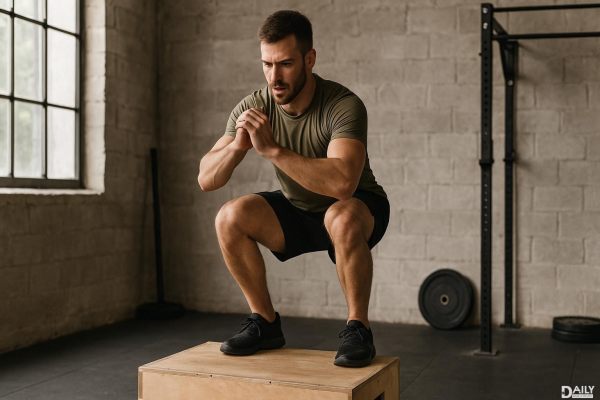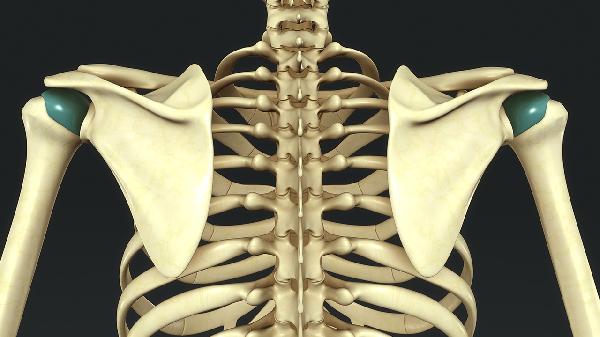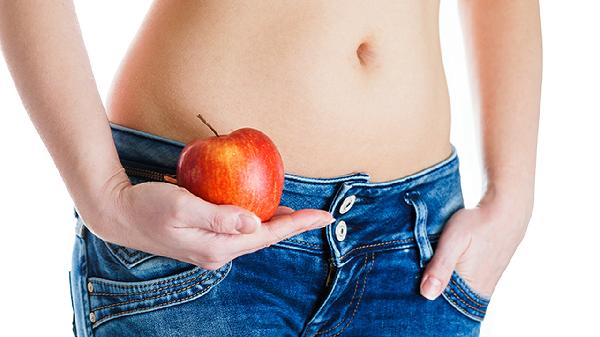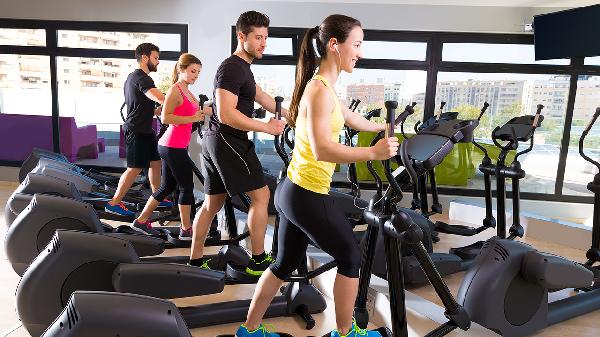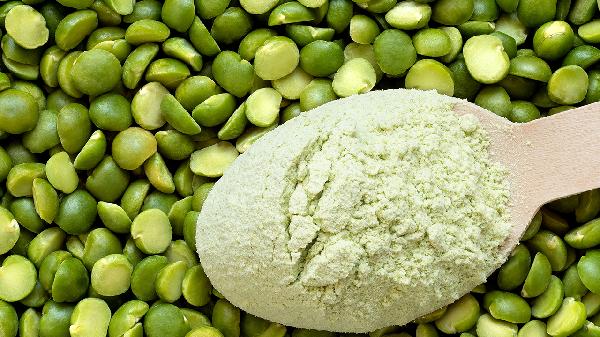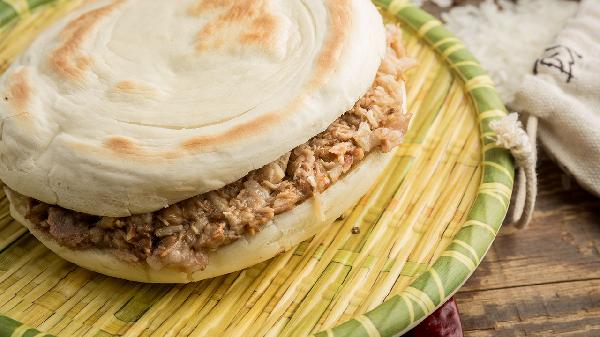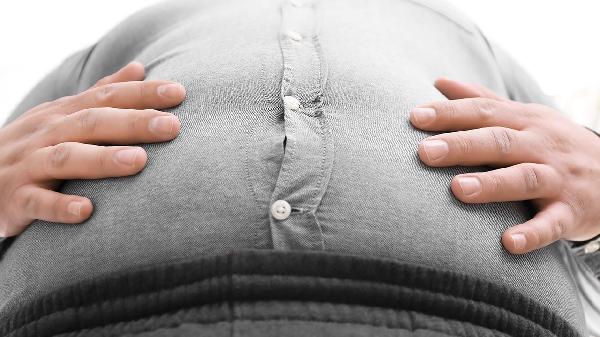Black bodybuilders have been breaking barriers and redefining strength for decades, proving that muscle, discipline, and excellence know no color. From the golden era of bodybuilding to today’s fitness influencers, Black athletes have not only dominated the stage but also reshaped the culture of the sport. Whether it’s the legendary physiques of icons like Flex Wheeler and Kai Greene or the rising stars making waves on social media, Black bodybuilders continue to push limits and inspire generations.
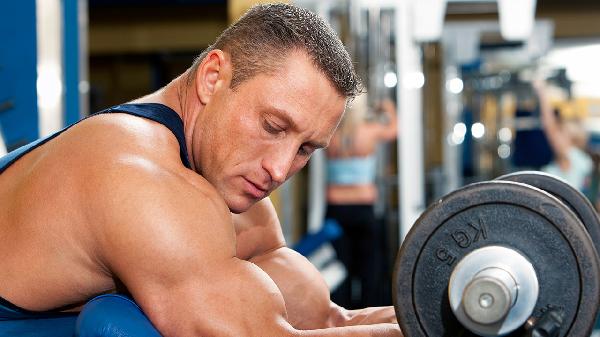
The Pioneers Who Paved the Way
Long before bodybuilding became mainstream, Black athletes were already making history. Names like Chris Dickerson, the first Black Mr. Olympia (1982), and Shawn Ray, a fan favorite with his flawless symmetry, set the standard. These trailblazers faced racial barriers in a sport that wasn’t always welcoming, yet they persevered, proving that greatness isn’t about fitting in—it’s about standing out.
Then there’s Flex Wheeler, often called the "Sultan of Symmetry," whose aesthetic physique is still considered one of the best in bodybuilding history. Despite battling health issues, Wheeler’s legacy lives on as a testament to resilience and artistry in the sport.
Modern Titans Changing the Game
Today’s Black bodybuilders aren’t just lifting weights—they’re lifting up communities. Kai Greene, known as "The Predator," brought a theatrical, almost philosophical approach to bodybuilding, making him one of the most captivating personalities in the sport. His journey from a troubled childhood to becoming a bodybuilding legend is pure motivation.
Then there’s Brandon Curry, the 2019 Mr. Olympia, whose balanced physique and humble demeanor make him a role model for aspiring athletes. And let’s not forget Cydney Gillon, a dominant force in women’s bodybuilding, racking up multiple Olympia titles and proving that Black women are just as powerful on stage.
Beyond the Stage: Influence in Fitness Culture
Black bodybuilders aren’t just confined to competitions—they’re shaping fitness culture worldwide. Social media has given rise to influencers like Lazar Novovic (not Black, but his collaborations highlight diversity) and Jeff Seid, but Black athletes like Willie Swole and Shanique Grant are using their platforms to promote body positivity, mental health, and accessibility in fitness.
Gyms in Black communities are also seeing a resurgence, with more people embracing strength training as a form of empowerment. The message is clear: lifting isn’t just about aesthetics—it’s about building confidence, health, and a legacy.
The Future of Black Bodybuilding
The next generation of Black bodybuilders is already making noise. Young athletes like Kamal Elgargni, a former 212 Olympia champ, and rising stars in classic physique divisions are keeping the momentum going. With more representation in sponsorships, media, and competitions, the future looks bright.
But it’s not just about trophies—it’s about changing perceptions. Black bodybuilders continue to challenge stereotypes, showing that strength comes in all shades. Whether it’s through competition, coaching, or content creation, they’re ensuring that the iron game remains diverse, inclusive, and unstoppable.
So next time you hit the gym, remember—you’re not just lifting weights. You’re carrying on a legacy. And that’s what true strength is all about.
